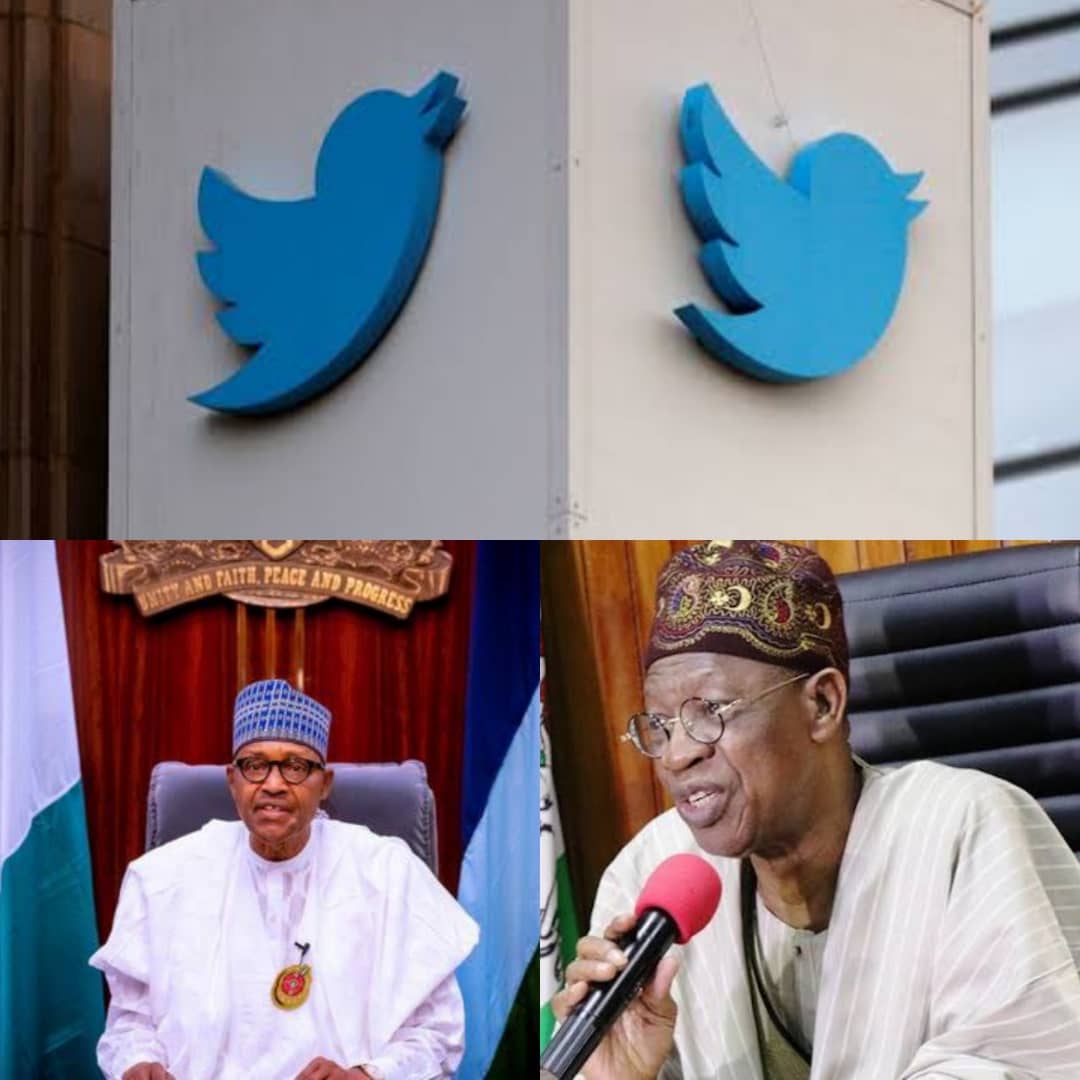#Twitterban Lifted In Nigeria: Who Won The PR Battle?—Twitter is back in Nigeria after a seven-month ban by the Federal Government. The total number of Twitter active users has now been restored to 400 million as 40 million Nigerian users return to the social media platform once again.
The decision was made after Twitter agreed to meet all conditions set by the Nigerian government, according to a government statement.
Those conditions include “managing prohibited publication in line with Nigerian law,” addressing issues of operations and tax, as well as opening a local office in Nigeria.

Last June, the Nigerian government suspended Twitter’s operations in the country, accusing the American social media giant of allowing its platform to be used “for activities that are capable of undermining Nigeria’s corporate existence.”
The new global reality is that digital platforms and their operators wield enormous influence over the fabric of our society, social interaction and economic choices. “These platforms can be used as either a tool or a weapon,” the government said in its Wednesday statement.
“Therefore, our action is a deliberate attempt to recalibrate our relationship with Twitter to achieve the maximum mutual benefits for our nation without jeopardizing the justified interests of the Company. Our engagement has been very respectful, cordial, and successful,” it said.
The government added that its decision to lift the suspension “opens a new chapter in global digital diplomacy” and “sets a new operational template for Twitter to come back stronger for the benefit of Nigerians.”
Twitter was banned in Nigeria in June 2021 after the social media company removed a tweet by President Muhammadu Buhari, in which Buhari issued a thinly veiled threat against secessionist groups in the southeast “to treat them in the language they understand.”
Twitter vs Nigeria: Who is the PR winner?
The PR battle between the giant of Africa and the giant of social media has finally come to an end. What are the PR lessons?
The Twitter ban seemed to have strengthened the “tough guy” image of President Buhari at a time that he was seen as failing woefully in taming Boko Haram and managing the rising wave of insecurity in Nigeria.
The long-term sustenance of this image would be based on how tough he gets at dealing with the nomadic attacks and widespread kidnapping in Nigeria. Ultimately, perception soon becomes reality.
It also served as a deflection. This strategy is often used by Governments and big brands, when an action is taken to divert attention away from a bigger issue.
Facebook had deployed this strategy when it embarked upon a name change in the midst of an operational storm and sharp internal criticism.[1]
Twitter seemed to have given the Nigerian Government a face-saving way out of the digital diplomacy battle.[2]
In the eyes of the public, Twitter blinked first and bowed to the Government’s demand. Behind the scene, Twitter is probably smiling all the way to the bank.








